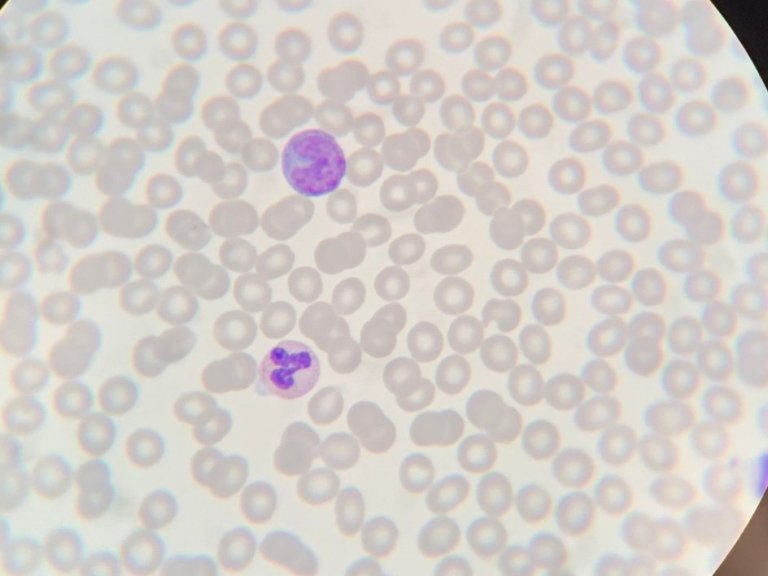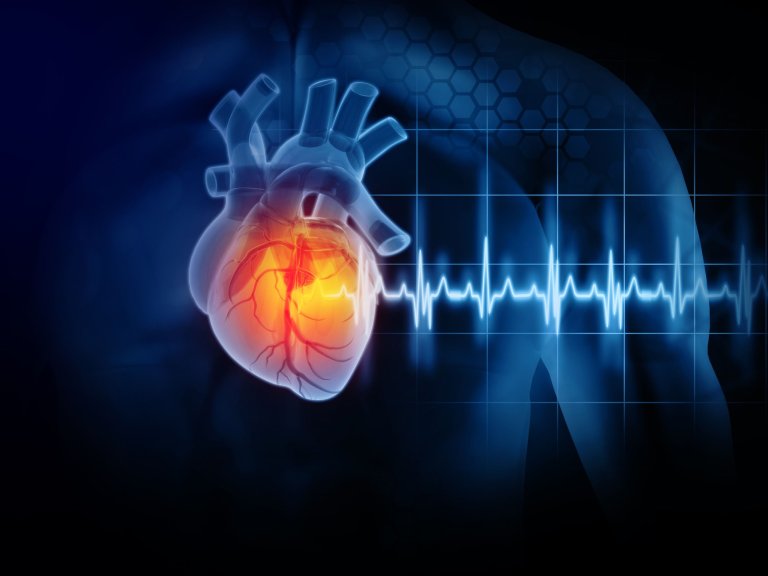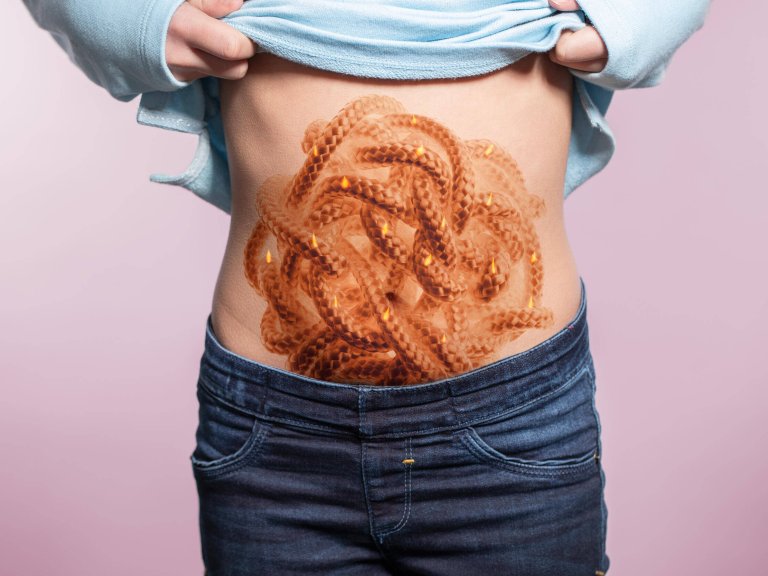Patients with movement disorders such as Parkinson's disease for whom medication does not offer a solution can be helped by deep brain stimulation over the past 30 years. In this process, a neurosurgeon places electrodes in the patient's brain. These electrodes continuously emit pulses, which reduce the symptoms of the movement disorder. Deep brain stimulation is effective, but it doesn't work equally well for everyone. Some patients continue to experience side effects even though their symptoms have diminished. For example, they may suffer from slurred speech, balance problems or even behavioural changes. In recent years, a lot of research has therefore been done into adaptive DBS (aDBS), in which pulses are only released when the patient's brain itself asks for it.
From DBS to aDBS
In aDBS, the implanted electrodes continuously measure brain signals from which you can deduce the severity or presence of symptoms. Only when brain activity is disturbed is a series of pulses given from the electrodes. This reduces the symptoms, and people no longer receive stimulation at times when it is not necessary. "We hope that this will cause patients to experience fewer side effects and may notice more effect," says Martijn Beudel, neurologist at Amsterdam UMC.
aDBS is a treatment method that is tailor-made for the patient, because the patient's own brain controls the pulses. The adaptive technology can be applied by means of an update in the software. The DBS system itself (the hardware) does not need to be modified for this. This implies that patients who have already undergone DBS surgery in which electrodes of a certain type are implanted in the brain do not need to have a second surgery. The doctor, clinical technologist or nurse specialist who adjusts the electrodes in these patients in such a way that there are as few symptoms and side effects as possible can also set up this new adaptive DBS technology.
First patient in the world
This happened yesterday with the first patient who received the treatment from Beudel, a world first for the new aDBS system outside of a study context. "DBS has already helped enormously in this 47-year-old patient with Parkinson's disease. Yet he still suffered from side effects. That is why we have given the system that had already been implanted in him an 'update', as it were, to the adaptive system. With this, he will only receive pulses from the electrodes when his brain signals indicate that this is necessary," he adds.
Adaptive DBS in the future
Adaptive DBS can offer a solution for patients in whom continuous DBS does not work sufficiently or who experience side effects. The adaptive technique has been studied for safety and use for application in the hospital. However, it is not immediately applied to all patients who are currently receiving DBS. Beudel and his colleagues first want to use scientific research to find out whether aDBS is more effective in all patients, including those in whom DBS is already effective and who do not experience any side effects. "This has never been demonstrated on a large scale outside a laboratory worldwide," says Beudel. The first steps for this research have already been taken.




